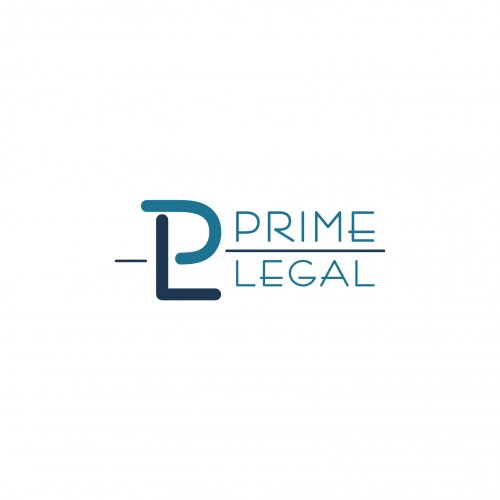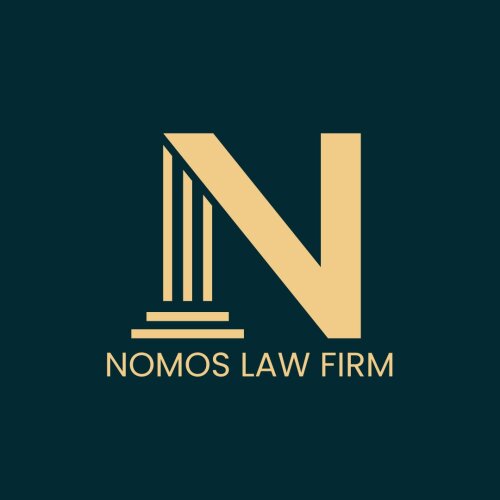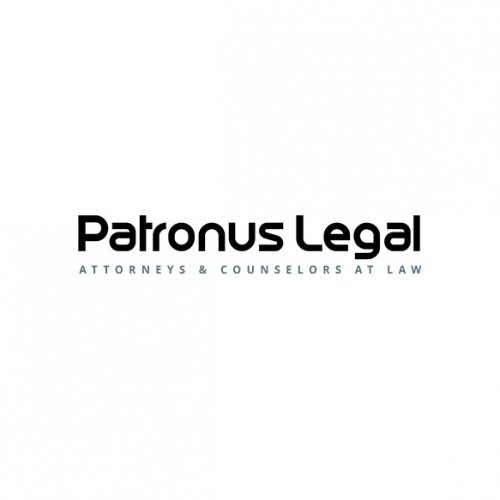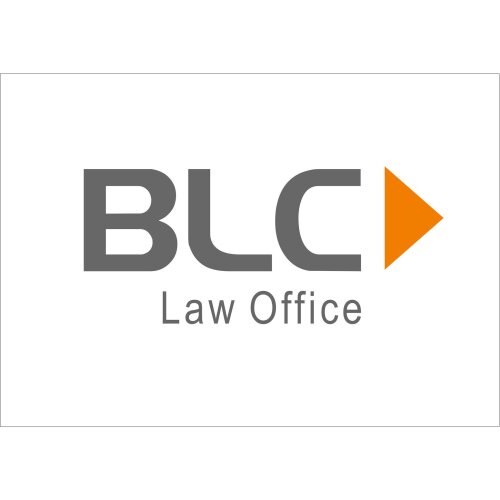Best Energy Regulatory Law Lawyers in Tbilisi
Share your needs with us, get contacted by law firms.
Free. Takes 2 min.
List of the best lawyers in Tbilisi, Georgia
About Energy Regulatory Law in Tbilisi, Georgia
Energy Regulatory Law in Tbilisi, Georgia refers to the legal framework governing the generation, transmission, distribution, and supply of energy resources, including electricity, natural gas, and renewables. This area of law is designed to ensure that energy sector operations are conducted in a fair, transparent, and lawful manner while balancing economic, environmental, and social concerns. Energy regulation is crucial for sustainable development, investment stability, consumer protection, and compliance with both national and regional energy policies.
Why You May Need a Lawyer
Individuals and businesses in Tbilisi may encounter a range of situations where legal expertise in Energy Regulatory Law is essential. Some common scenarios include:
- Obtaining energy licenses and permits for new projects
- Negotiating energy supply contracts or power purchase agreements
- Addressing land use and right-of-way issues for energy infrastructure
- Responding to regulatory investigations or audits
- Resolving disputes with regulators, grid operators, or energy suppliers
- Understanding tariff structures and price regulations
- Complying with environmental and technical standards
- Seeking investments or public-private partnership opportunities in the energy sector
- Navigating changes in energy legislation or policy
- Protecting consumer rights for both individuals and businesses
Local Laws Overview
The legal framework for regulating energy in Tbilisi is primarily set by the Georgian Law on Electricity and Natural Gas, as well as related statutes and regulations. The Georgian National Energy and Water Supply Regulatory Commission (GNERC) is the central regulatory body overseeing licensing, monitoring, and setting tariffs in the sector. Key aspects of local energy regulatory law include:
- Licensing requirements for electricity generation, transmission, and distribution
- Rules on tariffs and pricing aiming to protect consumers and encourage market competition
- Grid connection and technical standards to ensure reliability and safety
- Transparency obligations for market operators and suppliers
- Environmental compliance, especially for renewable energy and large infrastructure projects
- Procedures for dispute resolution and consumer complaints
- Integration of regional and international (such as EU) energy regulations where applicable
Frequently Asked Questions
What is the primary regulatory body for energy in Tbilisi?
The Georgian National Energy and Water Supply Regulatory Commission (GNERC) is responsible for most regulatory matters concerning electricity and gas.
Do I need a license to generate or supply electricity in Georgia?
Yes, licenses are typically required for commercial generation, transmission, and distribution of electricity. There are some exceptions for small-scale or specific renewable projects.
How are electricity tariffs set in Tbilisi?
GNERC sets and approves tariffs for regulated energy services, considering costs, investment needs, and consumer protection mandates.
Are there incentives for renewable energy projects?
Yes, there are regulatory policies and sometimes financial incentives aimed at promoting renewable energy investments, often subject to specific conditions and application processes.
Can foreign companies invest in the Georgian energy sector?
Yes, the sector is open to foreign investment, but all investors must comply with local licensing, regulatory, and environmental requirements.
What are the main consumer protection rules in the energy sector?
Consumers are protected under laws and GNERC regulations that govern fair pricing, reliable supply, clear billing, and provide mechanisms for lodging complaints.
What should I do if my energy supply is unfairly disrupted?
First, contact your supplier. If not resolved, you can file a complaint with GNERC, which handles disputes between consumers and utilities.
Does Georgia follow EU energy directives?
Georgia is aligning its energy sector with EU standards as part of regional cooperation. Many domestic regulations reflect EU best practices and directives.
What environmental requirements exist for energy projects?
Project developers must conduct environmental impact assessments and adhere to national environmental standards, especially for large or potentially impactful projects.
How are disputes typically resolved in the energy sector?
Disputes can often be resolved through administrative procedures at GNERC. Some matters may escalate to the courts if not settled through regulatory channels.
Additional Resources
Those seeking more information or assistance regarding Energy Regulatory Law in Tbilisi can refer to:
- Georgian National Energy and Water Supply Regulatory Commission (GNERC)
- Ministry of Economy and Sustainable Development of Georgia, Energy Policy Department
- Georgian Energy Development Fund
- Local or international law firms specializing in energy law
- Consumer advocacy organizations in the energy sector
Next Steps
If you need legal assistance in Energy Regulatory Law in Tbilisi, Georgia, consider the following steps:
- Identify the specific energy-related legal issue you are facing
- Gather all relevant documents such as contracts, correspondence, and licenses
- Consult with an attorney or legal advisor experienced in Georgian energy law
- Contact relevant regulatory bodies for additional guidance if needed
- Prepare your questions and objectives before meeting with a lawyer
- Explore all available options for dispute resolution or compliance support
Engaging a qualified legal professional early will help you navigate the complex regulatory environment and protect your interests in the dynamic energy sector of Tbilisi, Georgia.
Lawzana helps you find the best lawyers and law firms in Tbilisi through a curated and pre-screened list of qualified legal professionals. Our platform offers rankings and detailed profiles of attorneys and law firms, allowing you to compare based on practice areas, including Energy Regulatory Law, experience, and client feedback.
Each profile includes a description of the firm's areas of practice, client reviews, team members and partners, year of establishment, spoken languages, office locations, contact information, social media presence, and any published articles or resources. Most firms on our platform speak English and are experienced in both local and international legal matters.
Get a quote from top-rated law firms in Tbilisi, Georgia — quickly, securely, and without unnecessary hassle.
Disclaimer:
The information provided on this page is for general informational purposes only and does not constitute legal advice. While we strive to ensure the accuracy and relevance of the content, legal information may change over time, and interpretations of the law can vary. You should always consult with a qualified legal professional for advice specific to your situation.
We disclaim all liability for actions taken or not taken based on the content of this page. If you believe any information is incorrect or outdated, please contact us, and we will review and update it where appropriate.












